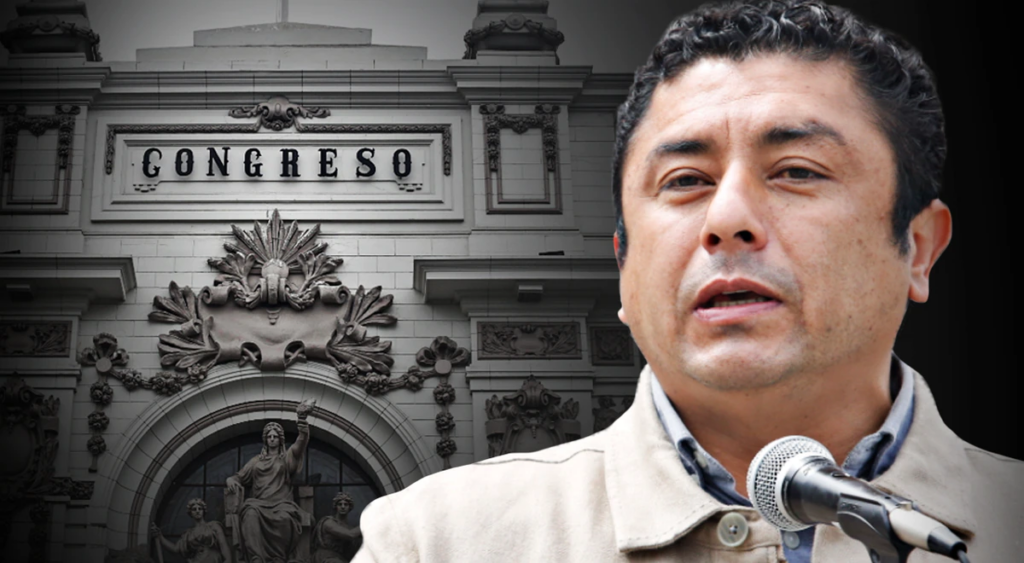A new fiscal reform, clearly more taxes for the middle class and the most vulnerable groups, seems practically unlikely in the final stage of the current administration. For years, the idea has been based on the supposed need to increase state income to meet the country’s demands. This is how it has always been and the results cannot be different from the lived experiences: rich governments with increasingly insolvent peoples.
The problem lies in the resistance of the national political leadership to learn from the experiences of more successful and developed nations. For example, I perfectly remember that Ronald Reagan, instead of putting more weight on the population, chose to compress public spending, reducing the role of the State in the lives of Americans. The economy grew and the standard of living of the citizens of the United States improved remarkably. In difficult conditions, the Federal Reserve Board often lowers interest rates to boost economic dynamics.
When that happens, money ceases to be a luxury commodity, loans become cheaper and people have greater accessibility to loans to buy a home and solve family needs, almost always pressing in countries like ours.
The reform, proposed as one of the three basic pillars of the National Development Strategy Law, has not been able to be implemented and there do not seem to be conditions in the remainder of President Abinader’s administration to promote it, from what has been seen in several opportunities forced to back down the effort to put it on course. Economists say that the present conditions force a postponement for a time that cannot be seen today, with no possibility of it becoming a common goal of the country’s political and business classes.

















